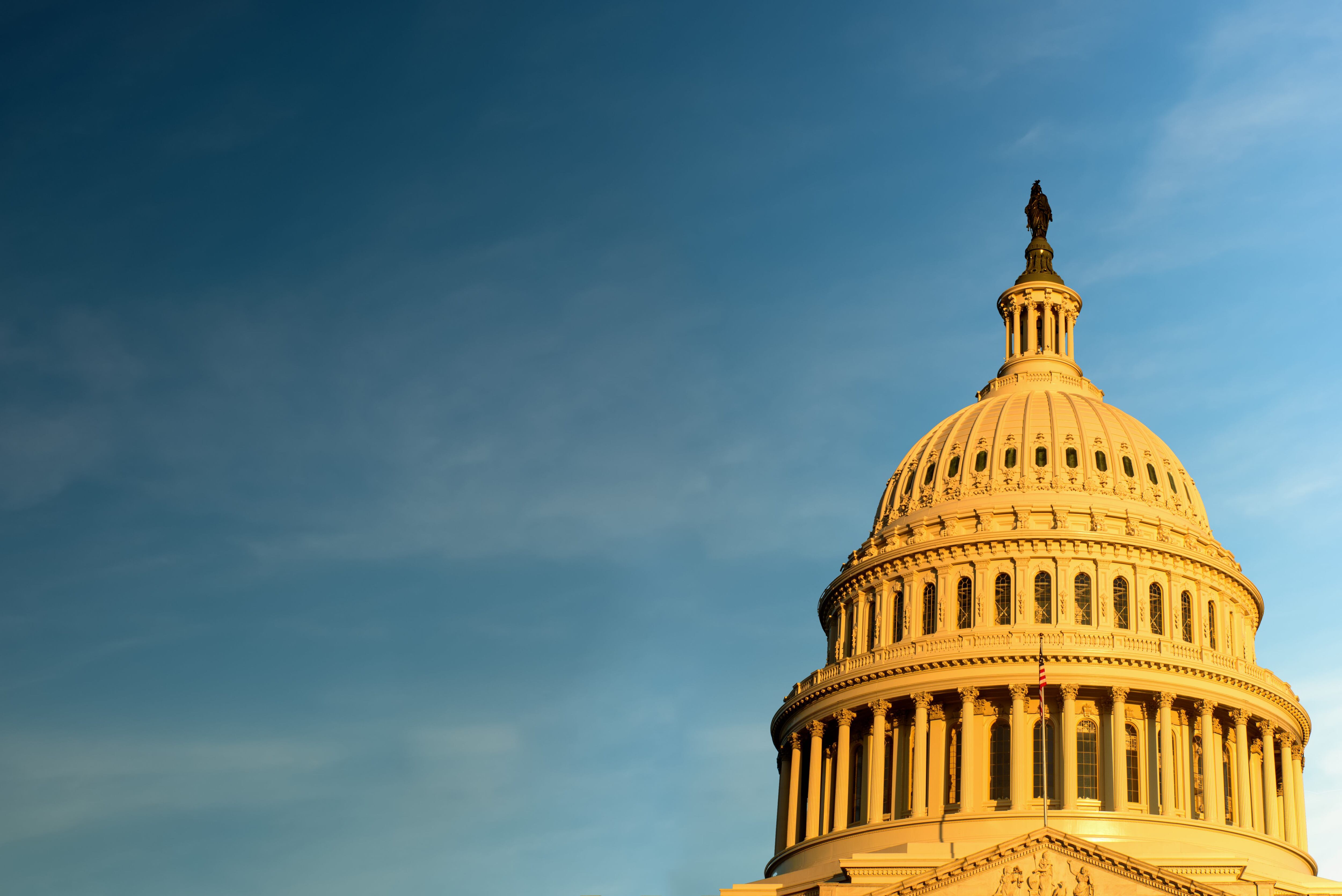The government shutdown has put many important FDA functions on hold, including pretty much all related to the dietary supplement industry. GMP inspections are not getting done, any NDI Notifications or GRAS submissions that may have been filed are languishing, and even the head of the Office of Dietary Supplements, Steve Tave, is twiddling his thumbs at home.
So it could be said that no one is minding the store from the federal side. But that doesn’t mean no one is behind the counter; the supplement industry has in recent years advanced some important self regulatory functions which can help to bridge the gap.
Among these self regulatory functions are: SSCI, or the Supplement Safety and Compliance Initiative; GRMA, or the Global Retailer and Manufacturer Alliance; BAPP or the Botanical Adulterants Prevention Program; the activities of the NAD, or the National Advertising Division; the Supplement OWL labels database; and the Botanical Raw Materials GMP program, among others.
SSCI
SSCI is a joint effort of the Natural Products Association and an industry stakeholder group that includes GNC, Walmart, Whole Foods Markets and others. The goal of SSCI is to simplify compliance with GMP requirements by developing a standard against which various auditing programs can be judged, putting some parameters and bringing some standardization to how information is collected from the thousands of suppliers and contractors across the globe.
GRMA
GRMA is a store-brand industry initiative driven by retailers, manufacturers, trade associations, certification bodies, academia, government agencies and other stakeholders seeking to improve quality, safety and regulatory compliance to ultimately benefit the customer. The alliance currently includes over 30 major retailers in the grocery, drug, mass merchandiser and club store channels, representing US-based and international operations.
Manufacturers of dietary supplements must comply with current Good Manufacturing Practices (cGMPs), while retailers may also have a number of additional requirements for manufacturers, which can lead to variety of standards. The GRMA aims to “tie” all these additional auditing requirements into one industry audit for retailers to audit and inspect supplier and manufacturer vendors.
BAPP
The Botanical Adulterants Prevention Program, a joint effort of the American Botanical Council, the American Herbal Pharmacopoeia and the National Center for Natural Products Research at the University of Mississippi, has been publishing a wealth of material that helps identify the common adulterants in botanical products and how to test for them as a way to help keep them out of the supply chain. The program really picked up a head of steam when ABC hired Stefan Gafner, PhD, as its chief science officer and principle cracker of the BAPP whip. And it inserted in word ‘prevention’ into the title to make it clearer what the goal of the program is.
The program went one step farther when it put out its SOP on Adulterated Materials in beta test form this past year. The document is a framework companies can use to drive agreements with their suppliers so that adulterated material is destroyed rather than returned to the source, only to be peddled to someone else. After all, this is about preventing, rather than merely identifying adulteration, right?
Supplement OWL
Another self regulatory effort is the Supplement OWL database managed by the Council for Responsible Nutrition. The OWL database is intended to be a central repository for label information, which could be used by regulators or researchers. It could also help bolster safety, by giving officials a way to quickly identify the extent of an issue of a problem crops up with an ingredient, by quickly identifying what products are using a given ingredient. The database now has more than 10,000 entries, about a third of which have come from non CRN members. According to CRN, this demonstrates that the effort is getting significant buy-in from the wider industry (it is now a requirement for CRN members).
Botanical GMPs
On the raw materials side, the American Herbal Products Association has been managing the developed of a GMP standard for botanical raw materials. This effort grew out of GNC’s response to a legal challenge from former New York Attorney General Eric Schneiderman. GNC proposed the first iteration of the GMPs, it was apparent it had drawn heavily on previous work done by AHPA to develop its Good Collection Practices. AHPA subsequently took over the refinement of the standard, which has now been published in final form.
NAD
Another self regulatory effort that has some history behind it is the activity of the National Advertising Division, which is managed by the Better Business Bureau and funded in part by CRN. The program monitors, reviews and challenges advertising for supplement products in print, online and on TV and radio. According NAD, companies comply with recommendations to amend over the top or otherwise unsubstantiated advertising claims about 90% of the time. Companies that decline to comply are referred on to the Federal Trade Commission, which regulates truthfulness in advertising.
Making the case
Taken together, these and other similar efforts present a significant body of work toward the self regulation of the supplement industry. But these are disparate efforts, promulgated by different organizations and to some extent pertaining to different subsets of the industry. It’s unlikely that any but the most connected and knowledgable people in the industry know the full extent of this work. And certainly few health care providers, journalists, or elected officials either on the federal or state levels have a clue of the extent of these efforts.
So, in this period where the supplement industry is in fact ‘unregulated’ insofar as no regulators are at work, why not tell this story loud and proud? It seems to me that this would be an opportunity for the various stakeholders of the industry to put their competitive pressures and differences aside—something our elected representatives seem unable to do—and to step up with one voice to say, “We’ve got this.”


